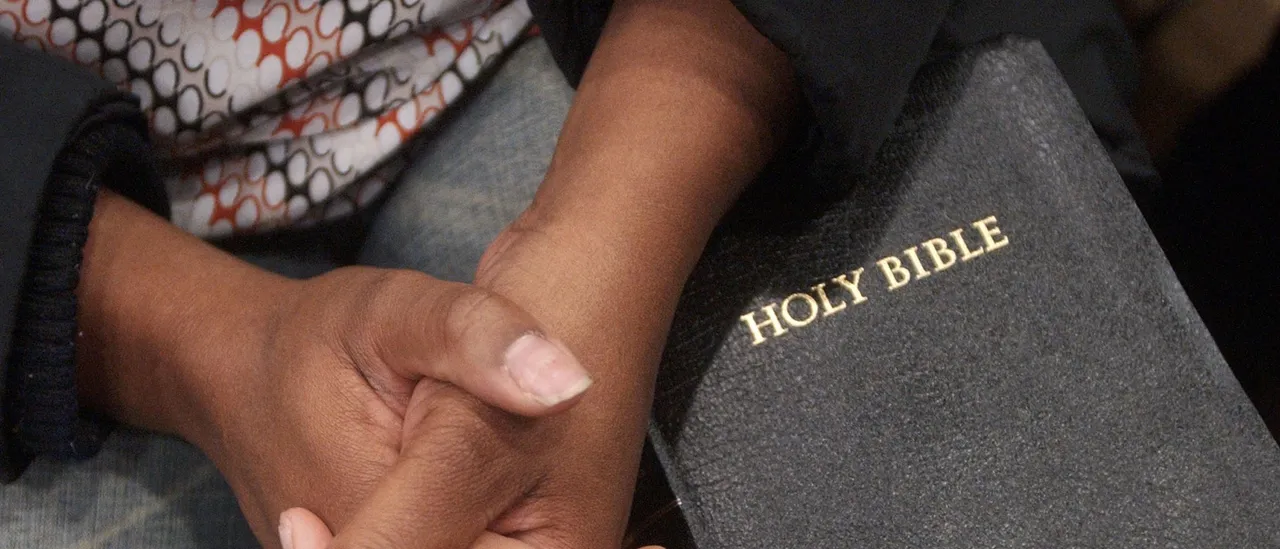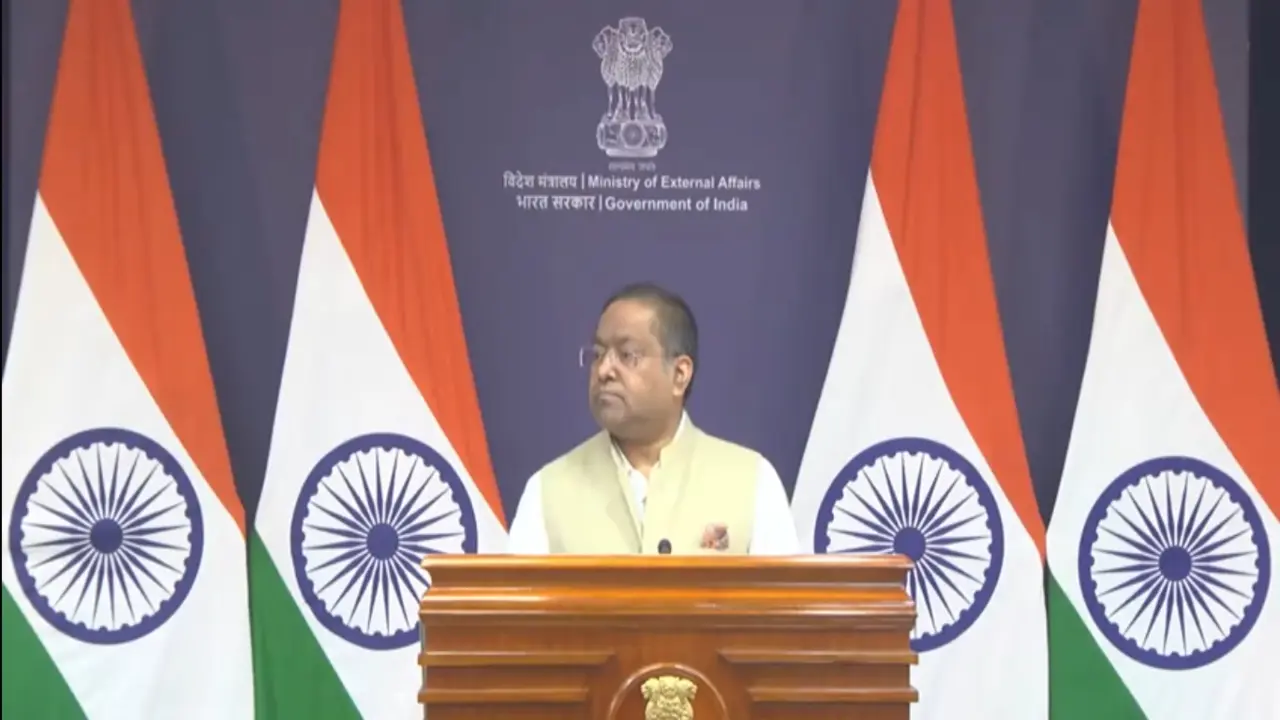Crows have long fascinated scientists and bird enthusiasts alike due to their remarkable cognitive abilities. Among the many questions that arise about these black-feathered birds is whether they can remember human faces. Understanding this aspect of crow intelligence sheds light on broader topics such as bird behavior and animal memory studies.
This article explores the scientific evidence behind the ability of crows to recognize and recall human faces, the mechanisms involved, and the implications for both crows and humans.
## How Smart Are Crows?
Crow intelligence is widely recognized as extraordinary within the animal kingdom, particularly among birds. Crows belong to the corvid family, which also includes ravens, magpies, and jays—species known for their problem-solving skills and adaptability.
Research has shown that crows exhibit advanced cognitive abilities, including tool use, complex social structures, and problem-solving skills comparable to those of primates. For instance, studies demonstrate that crows can fashion hooks from twigs to retrieve out-of-reach food and can remember specific locations of hidden caches for extended periods.
Compared to other birds, crows stand out in animal memory studies for their ability to process and store complex information, indicating a high level of intelligence.
## Do Crows Recognize Human Faces?
One of the most intriguing areas of inquiry in crow intelligence is facial recognition. Scientific experiments have provided compelling evidence that crows can recognize and remember individual human faces.
This ability is vital to their survival, especially in urban environments where interactions with humans are frequent. A prominent study involved researchers wearing distinctive masks while capturing and handling crows. Later, these crows exhibited defensive behavior—such as scolding and mobbing—only towards people wearing the specific masks used during capture, while ignoring others.
This shows that crows can differentiate between familiar and unfamiliar human faces and recall this information over time. Furthermore, crows may retain these memories for years, as observed in field studies where birds respond to certain people long after initial encounters.
This capability suggests that face recognition is a significant component of their bird behavior and social awareness.
## How Do Crows Remember Faces?
The question then turns to how crows accomplish such precise facial memory. Crows appear to use sophisticated neurological features extensively, enabling them to process visual cues such as facial features and contextual signals.
Emotional context also influences memory retention in crows. Encounters that pose a threat or result in a stressful experience create stronger memories, improving the retention of human faces associated with those events. This aspect aligns with findings from animal memory studies, which show that heightened emotion enhances recollection.
Moreover, crows may use not only facial recognition but also body language and sound cues to identify individual humans. This multimodal approach to recognition reinforces the bird’s ability to remember and respond accordingly.
## Why Do Crows Hold Grudges Against Some Humans?
Crows’ ability to remember faces is often perceived as holding grudges, especially if a person has previously posed a threat. This behavior is closely linked to their bird behavior repertoire, including defensive strategies to protect themselves and their offspring.
If a crow associates a specific human face with danger—such as harassment or nest disturbance—it reacts with vocal warnings and mobbing. This reaction serves as a deterrent and signals the threat to other crows.
Observations of these responses in urban and rural settings demonstrate the role of memory in crow social dynamics. Such behavior also highlights crows’ intelligence, as they can generalize their memory to influence future interactions, thereby reducing risk and enhancing survival.
## Can Crows Communicate Memory of Human Faces?
Beyond individual memory, crows engage in social communication to share information about humans. This transmission of knowledge is an essential component of their social intelligence.
When one crow identifies and calls out a threatening human, others in the group understand and respond appropriately. This social aspect of memory indicates that crows not only remember human faces individually but also collectively build a communal awareness.
Such group behavior fosters a sophisticated system of alerts and protection within crow communities, illustrating complex bird behavior rooted in memory.
## What Does Research on Crow Memory Tell Us?
Research on crow memory contributes valuable insights to the broader field of animal memory studies. It challenges the assumption that advanced memory and facial recognition were primarily limited to mammals, such as primates and dolphins.
Studying crows helps scientists understand how intelligence and memory evolve across species under different environmental pressures. The findings support that complex cognitive functions can arise in birds, emphasizing convergent evolution of intelligence.
Additionally, this research informs conservation efforts by encouraging coexistence strategies that account for crows’ cognitive abilities and responses to human activity.
Scientific evidence consistently supports that crows remember human faces through a combination of visual processing, emotional memory, and social communication. This ability exemplifies their exceptional crow intelligence and sophisticated bird behavior.
—
## Frequently Asked Questions
**1. How intelligent are crows compared to mammals?**
While crows demonstrate cognitive abilities often compared to primates, their intelligence is unique in its combination of tool use, social complexity, and memory. Unlike most mammals, crows show advanced problem-solving and facial recognition skills despite having very different brain structures.
**2. Can crows recognize faces of other animals besides humans?**
Research primarily focuses on human facial recognition, but crows likely use similar cognitive abilities to identify other animals, such as predators or fellow crows, assisting them in social interactions and threat assessments.
**3. Are all crows equally good at remembering human faces, or does it vary among individuals?**
Individual variation exists in cognitive abilities among crows. Factors such as age, experience, and environment may influence how effectively a crow remembers and responds to human faces, as seen in other intelligent species.
**4. How do environmental factors affect crow memory and behavior toward humans?**
Urban versus rural environments impact bird behavior; crows in cities encounter humans more frequently and may develop stronger or more nuanced memories of individual people, whereas rural crows might rely more on other survival skills and less on human recognition.
https://www.sciencetimes.com/articles/60739/20251111/how-crow-intelligence-unlocks-human-face-recognition-exploring-bird-behavior-insights-animal.htm



